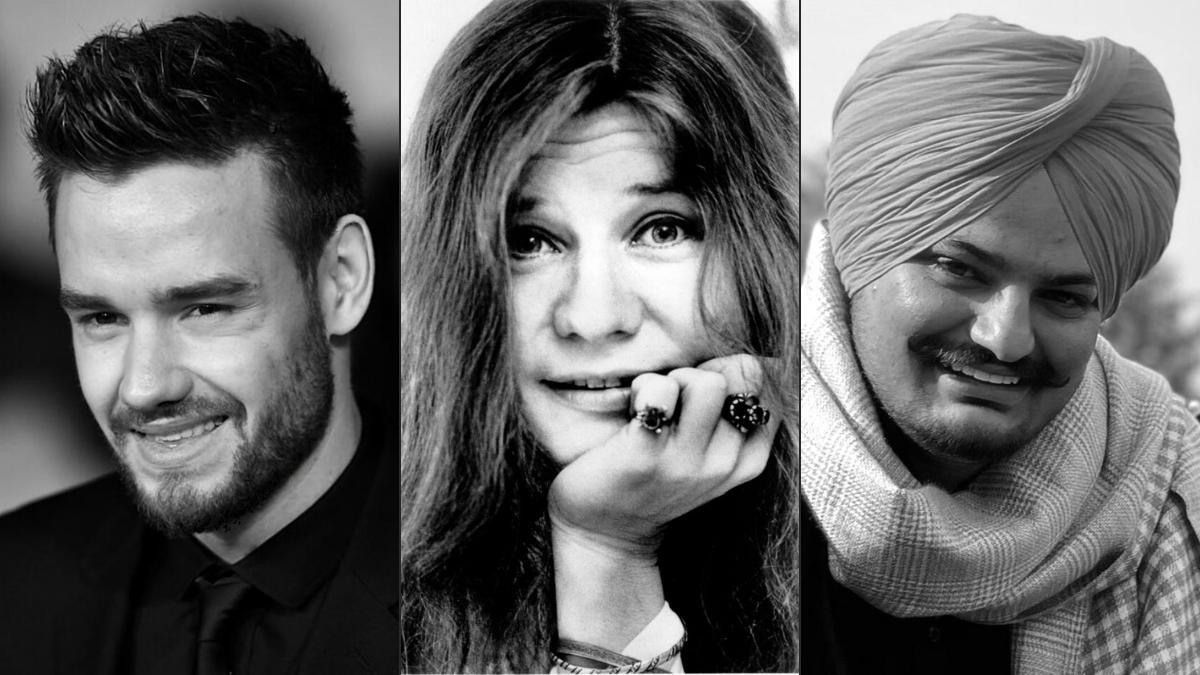
The Kannada film industry has found itself entangled in an unexpected controversy following the release of the highly anticipated action thriller, ‘Martin.’ The film, featuring Dhruva Sarja and directed by AP Arjun, hit the cinemas on October 11, 2024, coinciding with the festive Dasara weekend. However, instead of just ringing in box office success, the film has stirred a fervent debate about the rights of YouTube reviewers versus the prerogatives of filmmakers.
The catalyst for this disagreement lies in the actions of certain YouTube reviewers who have been criticized and, in some cases, legally challenged by the makers of ‘Martin’ after posting unfavorable reviews. Among those affected is popular content creator Anmol Jamwal from the channel Tried & Refused Productions. With over 1.22 million subscribers, Anmol’s review titled “Worst Film of 2024” came under fire from the film’s representatives, who demanded its removal under the threat of a copyright strike.
“The moves by the makers can be described as nothing short of bullish,” expressed Anmol in a conversation with The Hindu. Following this warning, Anmol chose to comply and removed the video, highlighting that such an encounter was unprecedented in his reviewing career since 2015.
Uday K Mehta, the producer of ‘Martin,’ has taken a firm stand, asserting that his primary concern is to protect the financial interests of his film. “With a John Doe order from the court,” declared Uday, “I am prepared to take legal action against any content that may harm the film’s business prospects.”
This approach, however, did not sit well with several in the YouTube reviewing community. Canadian YouTuber Shan Prasher was one such voice that publicly objected to what he perceives as a misuse of YouTube’s copyright notification system. “YouTube guidelines insist on a warning before a strike, and what happened to me was an abuse of this,” remarked Prasher. Since receiving a copyright strike from the ‘Martin’ team, he has filed a counter-notification and now awaits their response.
.
The controversy brought into focus the complex dynamics at play between filmmakers and social media influencers, each navigating this modern digital landscape. According to producer Uday, some of the negative reviews stem from personal rivalries and unfounded vendettas—citing how fans of rival actors may influence reviewers’ perspectives. Uday laments, “My film and I, as the producer, have suffered the most amidst these personal battles.”
Beyond the legal and interpersonal skirmishes, the situation has prompted broader discussions within the industry. Director A P Arjun defended his position by pointing to a larger issue affecting many film industries worldwide: the prevalence of “paid reviews.” Arjun denounced superficial evaluations as “uninformed observations” that threaten to diminish the tremendous effort involved in filmmaking. “Every movie is the result of hard work, and comments made with loose judgment overlook the serious dedication and finances involved,” he explains.
Adding another layer to this unfolding drama are the YouTube channels like Srushti Entertainers, which came under direct personal attack from fan groups after posting harsh critiques about ‘Martin.’ Its owner, Sudhakar Gowda, said in a video, “As a paying audience member, I have every right to express my opinions.”
Kairam Vaashi, a veteran in the Kannada review community, recognizes the challenging balance between creators’ freedom of expression and producers’ need for economic protection. He counsels the production community to pursue these matters within reasonable legal channels without resorting to intimidation or censorship tactics.
While ‘Martin’ continues to face mixed reactions, the narrative embodies a larger dialogue about the evolving relationship between social media critics and traditional cinema institutions. Domains are shifting, and the dispute seems to suggest the necessity of discovering a middle ground—one that respects both the creativity and criticism that contribute to the richness of cinematic culture.
As the controversy simmers, the film industry and content creators alike may need to reevaluate their strategies to coexist harmoniously, recognizing each other’s influential roles in an increasingly digital age.










